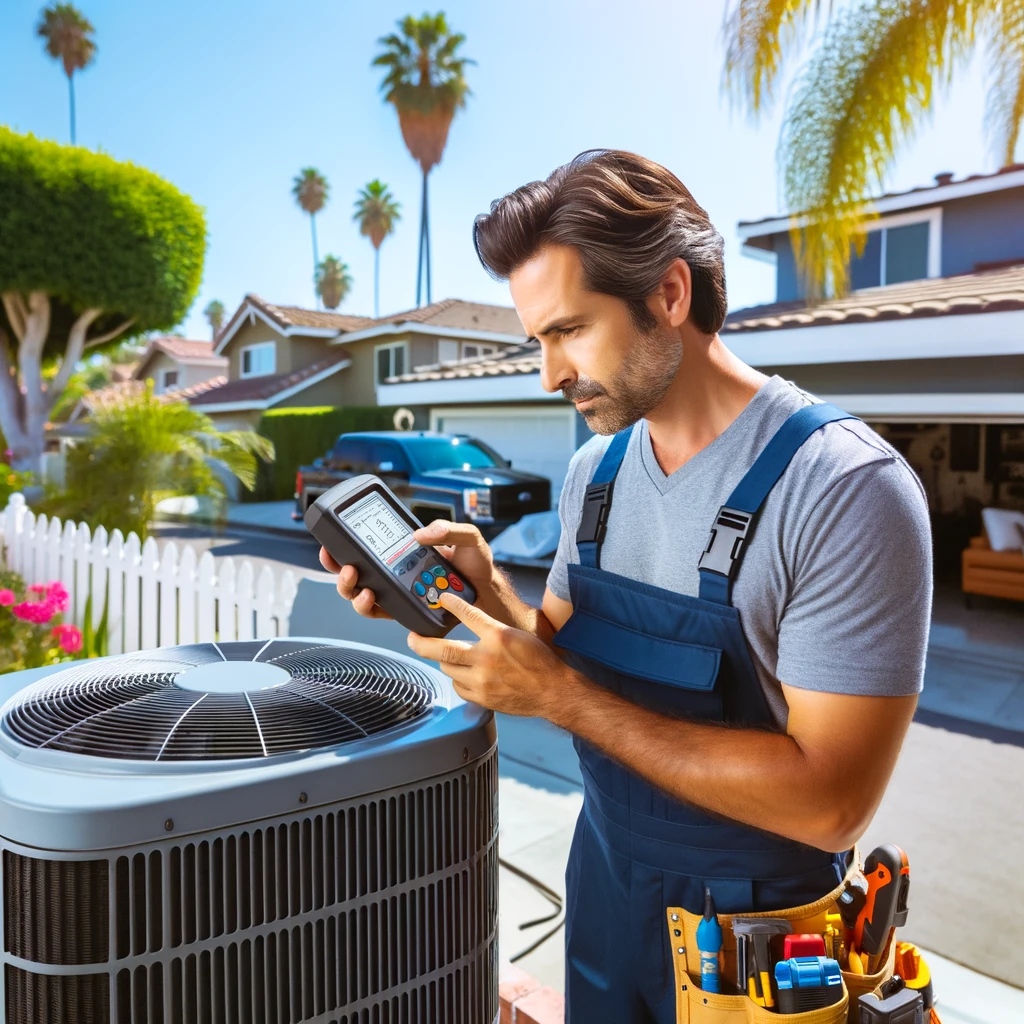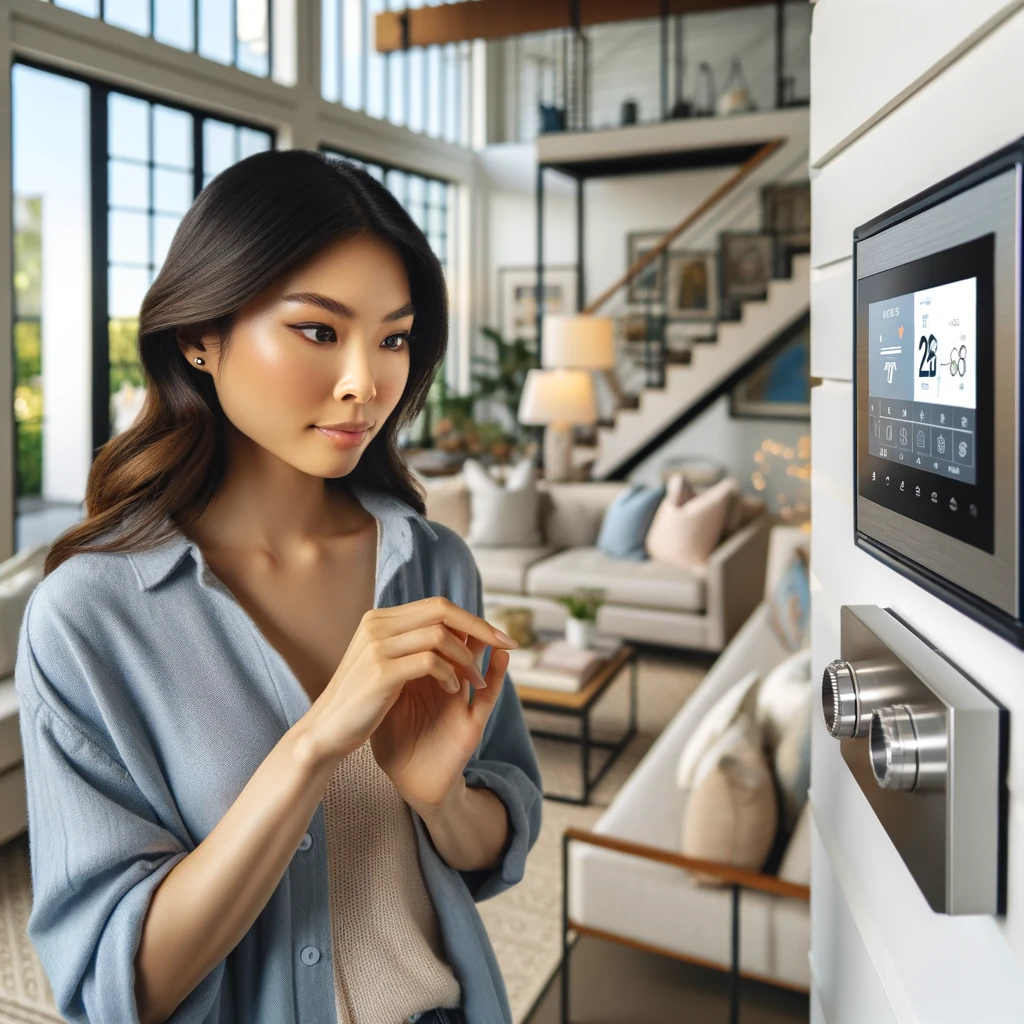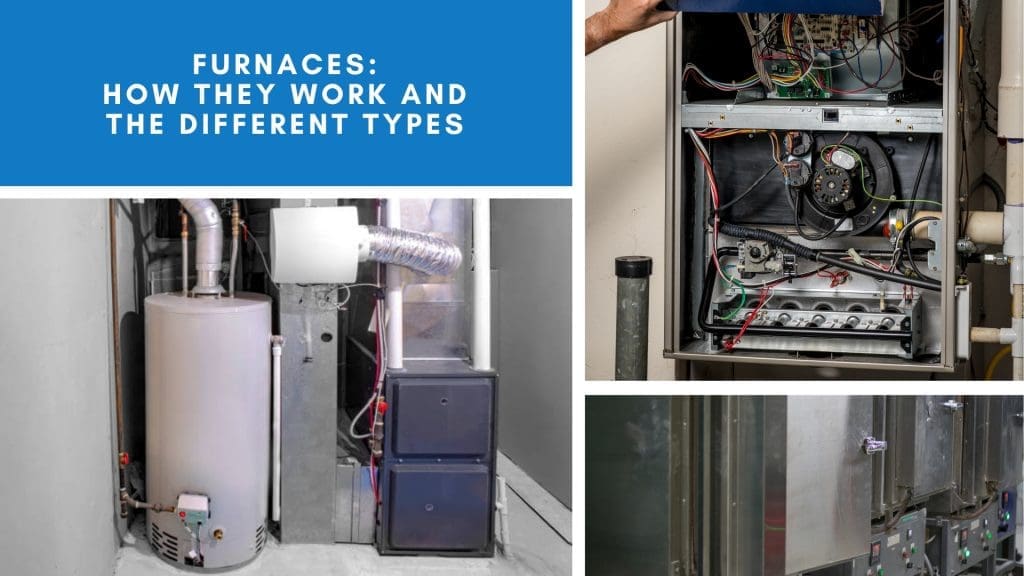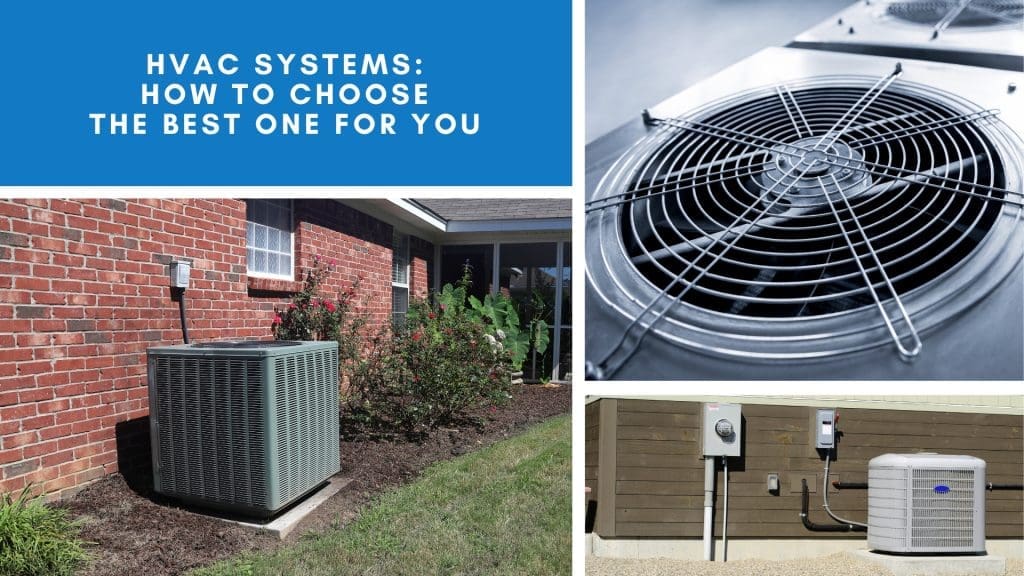Introduction: Understanding the Common Reasons Why Your AC Is Not Cooling
Experiencing an air conditioner that runs but fails to cool can be a frustrating ordeal, especially during the warm seasons in Los Angeles and Pasadena. If you find yourself asking, “Why is my AC running but not cooling?”, you’re not alone. This common issue affects many households and businesses across the region, prompting a need for reliable and efficient solutions.
In the upcoming sections, we will explore various reasons behind the inefficiency of AC units, including why the air might not be cold, what to do if suddenly the AC stopped cooling, and specific issues related to split and central AC systems. Additionally, we’ll provide insights into basic troubleshooting techniques and when to contact a professional like us at LA HVAC LC, a trusted family-owned business serving all of LA area.
Stay tuned as we dive into the first common issue: “Why is my AC running but not cooling?” and outline the steps to diagnose and potentially resolve this problem.
Table of Contents
Why Is My AC Running But Not Cooling? Exploring Common Causes

When your AC unit runs without emitting cool air, several factors could be at play. Understanding these can help you identify the issue and decide whether it’s something you can handle yourself or if professional assistance is needed.
Clogged Air Filters
One of the most common reasons for an AC is not cooling is a clogged air filter. This restricts airflow through the unit, significantly reducing its efficiency. In Los Angeles and Pasadena, where dust and pollen can be prevalent, it’s essential to check and replace your air filters regularly. A clean filter not only improves cooling but also enhances the air quality in your home.
Incorrect Thermostat Settings
Another frequent issue is incorrect thermostat settings. Ensure that your thermostat is set to ‘cool’ and not ‘fan’ or ‘heat’. The temperature setting should also be lower than the current room temperature. This might seem obvious, but it’s often overlooked during the hustle and bustle of daily routines.
Refrigerant Leaks
Refrigerant is crucial for cooling your home. If your AC is low on refrigerant, possibly due to a leak, effectively the AC is not cooling the house. Signs of a refrigerant leak include ice on the refrigerant lines, hissing noises from the AC unit, and higher than normal energy bills. Refrigerant issues are complex and require professional HVAC services for proper handling and repair.
Understanding these common causes provides a good foundation for troubleshooting your AC issues. However, if basic checks don’t resolve the problem, it might be time to delve deeper or call in experts like those at LA HVAC LC.
Why Is My AC Air Coming Out But Not Cold? Diagnosing Airflow Issues
When your AC system is on but fails to deliver cold air and AC is not cooling, it can be particularly perplexing. Here are a few reasons why this might happen and how to troubleshoot them effectively.
Faulty Compressor
The compressor is the heart of your air conditioning system, responsible for circulating refrigerant and enabling the cooling process. If the compressor is malfunctioning or broken, the AC will blow air, but it will not be cold. Unfortunately, compressor issues are serious and usually require professional intervention.
Dirty Condenser Coils
The condenser coils, located in the outdoor unit, release heat removed from the air. If these coils are dirty or obstructed, the heat exchange process is hindered, leading to inefficiency in cooling and resulting in AC is not cooling. Cleaning the condenser coils can often restore proper function; however, care must be taken to avoid damaging the coils.
Duct Leaks
Leaky ductwork can also be a culprit. If the ducts that run through your home are poorly sealed or insulated, especially in areas like attics or crawl spaces, cooled air can escape before reaching your living spaces leading to AC is not cooling. Inspecting the ductwork for leaks and having them sealed by a professional can significantly improve cooling performance.
These issues highlight the importance of regular AC maintenance to ensure all components are functioning correctly. If you’re uncomfortable performing these checks yourself, consider scheduling a service call with a local expert.
Should I Turn Off My AC if AC is Not Cooling? Best Practices for Handling AC Malfunctions
When faced with an air conditioner that isn’t cooling, it might seem logical to turn off the unit to avoid further damage or inefficiency. Here’s what you should consider:
Preventing Further Damage when AC is Not Cooling
Turning off your AC when it’s not cooling properly can prevent potential damage to the system. For example, if the issue is related to a refrigerant leak or compressor problems, continuing to run the AC can exacerbate these issues, leading to more costly repairs.
Energy Efficiency
Running an Air Conditioner when the AC is not cooling is not only ineffective but also wastes energy. Turning off the unit while troubleshooting the problem or waiting for professional help can save on energy costs and reduce your carbon footprint, which is particularly important in energy-conscious areas like Los Angeles and Pasadena.
Safety Concerns
If you suspect electrical issues, such as strange smells or noises from the AC unit, it’s safest to turn off the power to the unit to prevent electrical fires or other hazards.
However, before turning off your system when AC is not cooling, it’s advisable to perform basic troubleshooting:
- Check the thermostat settings to ensure they are correct.
- Replace or clean the air filters if they are dirty.
- Ensure all air vents are open and not obstructed.
If these steps do not resolve the issue, turn off the unit and contact a professional.
Why Did My AC Suddenly Stop Cooling? Identifying Sudden Failures
A sudden stop in your air conditioner’s cooling can be alarming, especially during the peak of summer in areas like Los Angeles and Pasadena. Here are several reasons why this might occur and how to approach them:
Tripped Circuit Breaker
One of the first things to check if your AC stopped cooling suddenly is the circuit breaker. Air conditioners can trip breakers if there’s an overload, a short circuit, or an electrical issue within the unit. If the breaker has tripped, reset it and monitor the AC. If it trips again and AC is not cooling, it’s time to call a professional as there could be a more serious electrical problem.
Faulty Thermostat
A malfunctioning thermostat can fail to communicate properly with the AC system, causing it to stop cooling and the AC is not cooling. Check if the thermostat is working correctly and replace the batteries if it’s battery-operated. If issues persist, the thermostat may need to be replaced.
Overheating
AC units can overheat and shut down due to excessive strain, particularly on very hot days or if the unit is not sized correctly for the space. Giving the unit some time to cool down and ensuring it’s not running continuously can help prevent overheating and AC will cool again.
Condensate Drain Clog
The condensate drain line can become clogged with algae, dirt, or other debris, leading to water backing up and potentially triggering a safety switch that shuts down the cooling process. Clearing the drain line can often resolve this issue.
Understanding these potential causes can help you better diagnose why your AC might suddenly stop cooling and determine whether you can fix it yourself or need to call in experts.

Troubleshooting Split and Central AC Systems: Fan Running but No Cool Air
Split and central air conditioning systems are common in homes and businesses across Los Angeles and Pasadena, and they can exhibit unique issues when they stop cooling properly. Here are some troubleshooting tips for when the AC fan is blowing but no cold air is coming out and AC is not cooling.
Split AC Issues: Compressor Not Working
In split AC systems, if the compressor is not activating but the indoor fan runs, this could indicate a problem with the compressor or the capacitor that starts the compressor. A common sign is hearing the fan running without the usual noise of the compressor. Professional assessment is often required as compressor issues are complex and involve electrical components.
Central AC Problems: Fan Running Continuously
For central AC systems where the fan runs but there’s no cool air, it could be due to the outdoor unit losing power while the indoor unit continues to operate. Check your circuit breakers to ensure that both the indoor and outdoor units are powered. Additionally, verify that the thermostat settings are correct and that the outdoor unit isn’t obstructed by debris or dirt.
Common Fixes for Both Systems
- Clean the Air Filters: Dirty air filters can restrict airflow, severely impacting the system’s ability to cool.
- Inspect the Thermostat: Ensure it’s accurately measuring the room temperature and communicating with the AC system.
- Check Refrigerant Levels: Low refrigerant, often due to leaks, the AC is not cooling. This requires professional handling due to the complexities of HVAC systems.
If basic troubleshooting doesn’t resolve the issue, it’s advisable to contact a qualified HVAC technician who can diagnose and repair the problem more thoroughly.
Choose LA HVAC LC: Your Local Expert for AC Repair in Los Angeles and Pasadena
Hello neighbors! I’m the owner of LA HVAC LC, a family-owned business that takes pride in serving the entire Los Angeles area, including Hollywood and Pasadena. As residents of this vibrant community, we understand the challenges you face when your AC stopped cooling, especially during our sweltering summers.
Why Trust LA HVAC LC?
Local Expertise: We’ve been in the HVAC industry for years, providing personalized service that big brands can’t match. Our deep understanding of local climate challenges and building regulations ensures that your AC systems are serviced with the utmost care and expertise.
Family-Owned Values: Being family-owned means we treat our customers like family. We believe in honest service, transparent pricing, and ensuring your comfort above all.
Comprehensive Services: From routine maintenance to emergency repairs, we provide a full range of services. Whether it’s a simple filter change, a complex compressor issue, or a full system installation, we’re equipped to handle it all.
Energy-Efficient Solutions: We specialize in energy-efficient AC systems that not only keep you cool but also help reduce your energy bills and environmental impact. We can help you navigate various options, from upgrading to an energy-efficient model to installing smart thermostats.
A Personal Commitment
As a resident of this area myself, I personally ensure that every service call meets our high standards. Our goal is to ensure your AC is efficient, effective, and reliable. Whether you’re facing urgent AC cooling issues or planning preventative maintenance, we’re here to help—providing peace of mind knowing that your cooling needs are in capable hands.
AC Troubleshooting and Communication Tips: What to Note for Your Technician
Effective troubleshooting of AC cooling issues and your air conditioner not only can save you time and money but also makes any necessary technician visits more efficient. Here are some tips on basic troubleshooting and what to communicate to your HVAC technician:
Basic Troubleshooting Steps When AC is Not Cooling
- Check Your Thermostat: Ensure it is set to “cool” and the temperature setting is below the current room temperature. Also, check to see if the batteries need replacing.
- Inspect Air Filters: Dirty air filters are a common cause of AC inefficiency and causing AC not to cool. Check your filters monthly and replace or clean them as needed.
- Examine Circuit Breakers: Sometimes, the solution is as simple as a tripped breaker. If your AC stopped cooling, check the breaker panel and reset any tripped breakers.
- Clear Around Outdoor Units: Make sure there’s no debris blocking the airflow around your outdoor unit. Leaves, dirt, and other obstructions can reduce efficiency.
- Check for Obvious Signs of Trouble: Listen for unusual noises, check for ice on coils, and observe if the outdoor unit is running.
What to Note for Your Technician about AC cooling issues
When a professional visit is necessary, providing detailed information can lead to a quicker and more accurate service. Here’s what you should note:
- History of the Unit: Inform the technician about the age of the unit, any previous issues, and when it was last serviced.
- Symptoms and Observations: Describe what you’ve noticed in terms of performance, sounds, and any visual signs like ice formation.
- What You’ve Tried: Let them know the troubleshooting steps you’ve already taken. This helps in narrowing down the potential causes.
- Changes in Performance: If the cooling issue appeared suddenly or gradually worsened over time, this could provide clues about underlying issues.
Conclusion: Ensuring Optimal Performance
By following these basic troubleshooting tips and knowing what to communicate to your HVAC technician, you can ensure quicker diagnoses and more effective repairs. Remember, regular maintenance is key to extending the lifespan and efficiency of your air conditioning system, especially in challenging climates like those in Los Angeles and Pasadena.
For all your AC needs, remember that LA HVAC LC is here to help. With our expertise and commitment to service, we ensure your home remains cool and comfortable all year round.
That concludes our in-depth article on addressing and troubleshooting AC cooling issues, tailored specifically for residents of Los Angeles and Pasadena. If you find yourself facing any of these common AC problems, remember that timely intervention and professional advice can prevent more significant issues down the line.
For expert, family-oriented service, consider LA HVAC LC for your AC maintenance and repair needs. We’re just a call away, ready to ensure your home remains a cool refuge from the heat. Thank you for reading, and stay cool!
If you need further assistance or have additional questions, feel free to reach out. I’m here to help!
Frequently Asked Questions (FAQ) About AC is Not Cooling
1. Why is my AC running but not cooling my home?
- The most common reasons include dirty air filters, incorrect thermostat settings, low refrigerant levels, or issues with the compressor. It’s advisable to check the air filters and thermostat settings first, as these are often the easiest fixes.
2. What should I do if my AC air is coming out but it’s not cold?
- Check if the outdoor unit is running and ensure that there’s nothing blocking the airflow, like debris or dirt. If everything seems clear and the unit is running, there might be an issue with the refrigerant or the compressor, requiring professional assistance.
3. Is it better to turn off the AC if it’s not cooling?
- Yes, turning off the AC can prevent further damage and save energy if it’s not cooling effectively. It also gives the system a chance to reset, which might resolve minor issues. However, if the problem persists, contact a technician.
4. Why did my AC suddenly stop cooling?
- Sudden issues can be caused by tripped circuit breakers, faulty thermostats, or overheating of the unit on extremely hot days. Check your circuit breaker and ensure your thermostat is functioning correctly as initial troubleshooting steps.
5. Why is my split AC running but not cooling?
- This could be due to a problem with the compressor, blocked air filters, or insufficient refrigerant. It’s also possible that the indoor and outdoor units are not communicating effectively, which a technician can diagnose and resolve.
6. What should I note before calling a technician for a non-cooling AC?
- Be ready to describe any symptoms and unusual behaviors of the AC unit, like strange noises or leaking water. Also, note any DIY troubleshooting steps you’ve tried, as this information can help the technician diagnose the problem more quickly.


